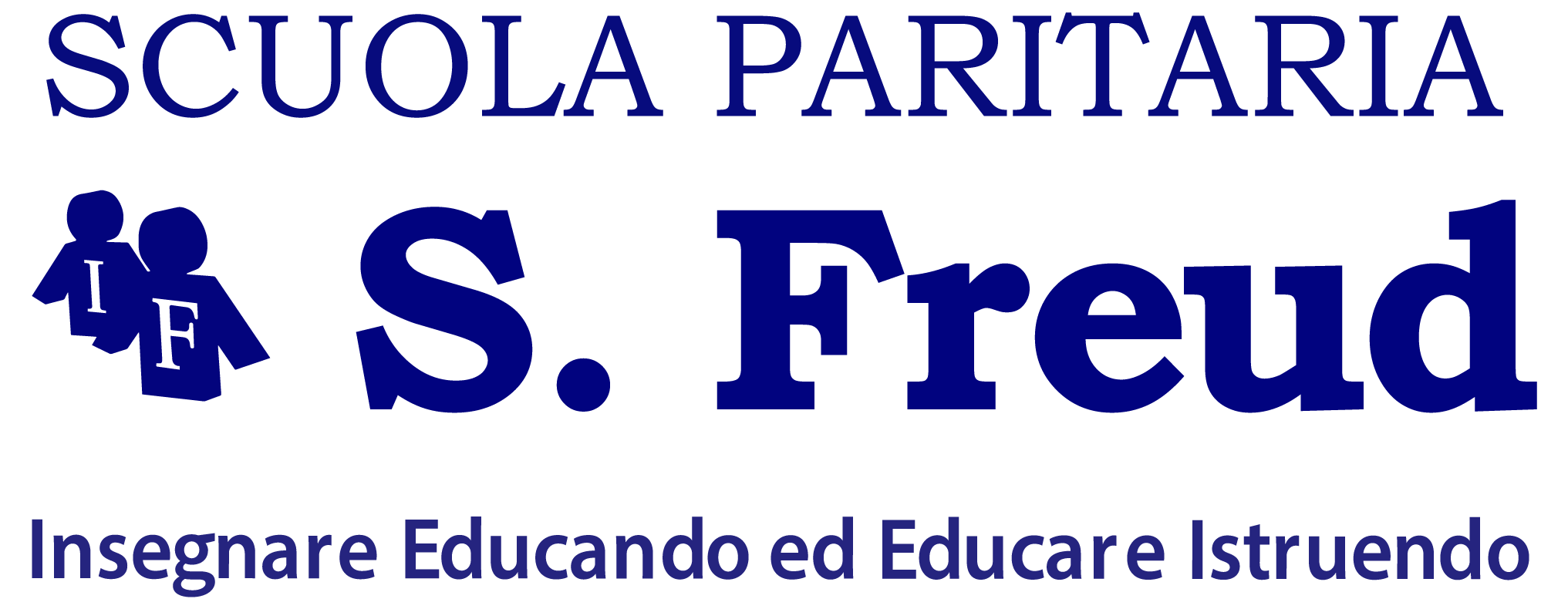7 febbraio 2025
Dr. Daniele Nappo, Legal Representative as well as Founder of the S. Freud Private School, draws attention to the importance of Latin language learning, which has played an important role in the development of international language and Western culture.
Learning Latin, a language that has played a basic role in the development of international linguistics and Western cultures, results in numerous benefits both intellectually and practically. Despite the fact that it is not spoken today its value in the educational and cultural framework remains undisputed. Latin is the mother tongue of all Romance languages such as Italian, Spanish, French, Portuguese and Romanian. Studying it greatly simplifies its learning since many words, grammatical expressions and syntactic structures are derived directly from it. For example, understanding the conjugation of verbs in Latin helps decipher verb tenses in Italian or Spanish. It also makes it possible to trace the root of many common words. Its study trains the brain by improving analysis, memorization and logical reasoning skills. Latin, then, is the language of classical literature, of the great philosophers, historians and scientists of antiquity. Studying it allows one to read directly the texts of authors such as Virgil, Cicero, Horace, Seneca, Lucretius and many others without the filter of translations. Thus it not only enriches individual culture, but also offers a privileged way to grasp the roots of our civilization, the origins of Western thought and modern institutions.Moreover, Latin is essential for a deep understanding of the Bible, whose most widely used version for centuries was the Latin version, the so-called Vulgate. Studying it not only opens the door to a greater understanding of modern languages and cultures but also offers countless cognitive, professional and personal benefits. For these reasons Latin remains a valuable subject even in contemporary schooling and education, a bridge between the past and the present that continues to enrich those who choose to travel it.


